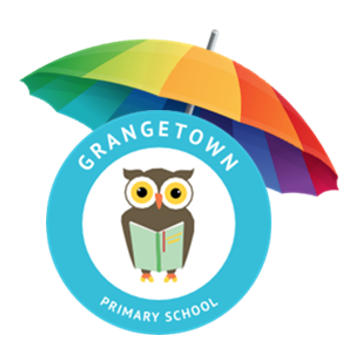PSHE stands for Personal, Social, Health and Economic education. PSHE education is a school curriculum subject through which pupils develop the knowledge, skills and attributes they need to keep themselves healthy, safe and prepared for life and work. Our belief is that when delivered well, PSHE education has an impact on both academic and non-academic outcomes for pupils, particularly the most vulnerable and disadvantaged.
Statutory Requirements and Guidance
The majority of PSHE education became compulsory in all schools in September 2020 with the introduction of statutory Relationships Education at key stages and Health Education from key stage during key stage 1-2 Statutory guidance outlines what schools must cover, but not all that they should cover as part of broader PSHE provision that also includes economic wellbeing and careers education. The statutory guidance is comprehensively covered by learning opportunities for each key stage across the Programme’s three core themes: ‘Health and Wellbeing’, ‘Relationships’, and ‘Living in the Wider World’. Even though much of ‘Living in the Wider World’ is not included in statutory requirements, this core theme is equally important. A high quality PSHE programme will also cover economic wellbeing, careers and enterprise education, as well as education for personal safety, including assessing and managing risk.
Programme of Study
The final section of the Programme of Study sets out the content grids from the Statutory Guidance for Relationships Education, RSE and Health Education, mapped to the Programme of Study, clearly identifying the Programme of Study learning opportunities that address each bullet point from the statutory guidance. The Programme of Study sets out learning opportunities for each key stage, in each core theme, organised under subheadings. These learning opportunities should be used flexibly to plan your programme according to pupils’ development, readiness and needs, and taking into account prior learning, experience and understanding. Learning from one area may be related and relevant to others. Whilst this framework distinguishes three separate core themes, there will be extensive overlap, so when planning schemes of work, we may draw from more than one theme.
PSHE Association advises that they should have one hour of specific, timetabled PSHE per week. This could include, for example, lessons on bullying, different world religions, why it’s important to recycle, Bikeability training, and talks from visitors, such as people who help us (police, firefighters, doctors, etc). PSHE is also taught across the curriculum. In science, for instance, the National Curriculum states that pupils must be taught about how bodies change as people grow and age. In geography, they might do a survey of their local area and count how many pieces of litter they find. In ICT, they might discuss the risks that they may face online, and come up with rules for internet safety. In PE, they’ll learn different ways of keeping fit and active. They might reflect on how their bodies feel after physical activity, for example by taking their pulse or discussing how their breathing has changed. PSHE is delivered implicitly as well as explicitly, through many areas of school life. Assemblies, circle time, buddy or mentoring schemes and campaigns like Anti-Bullying Week and Mental Health week all teach children the principles of PSHE.
Whilst they are specifically addressed where appropriate, assessing and managing risk and managing life online are integrated throughout all three core themes. PSHE education addresses both pupils’ current experiences and preparation for their future. The Programme of Study therefore provides a spiral curriculum to develop knowledge, skills and attributes, where prior learning is revisited, reinforced and extended year on year. This is grounded in the established evidence base for effective practice in PSHE education.
The Programme of Study identifies a broad range of important issues, but it is essential to prioritise quality over quantity (so that PSHE lessons are not simply a series of one-off, disconnected sessions) whilst ensuring that your programme reflects the universal needs of all children and young people. It is important that pupils recognise their PSHE education as relevant and applicable across many important areas of their lives. Unlike many other subjects, much of the specific knowledge taught in PSHE education changes regularly, for example as a result of legal changes, medical or technological advances. It is therefore important to ensure that all information used to develop pupils’ knowledge on any aspect of PSHE education is up to date, accurate, unbiased and balanced.
Assessment
Assessment is as central to effective teaching and learning in PSHE education as it is in any other subject. Effective use of assessment allows pupils and teachers to reflect on the learning that has taken place, increases motivation for learning and helps to demonstrate impact.
These assessment guides for key stage 1-2 how PSHE teachers can use an ipsative model of assessment in PSHE education, and describe a wide range of methods available to assess progress, with accompanying examples from real classrooms.
Topics covered in these guides include:
- How to use baseline assessments to gauge prior knowledge and understanding
- Assessment for learning over the course of a lesson or series of lessons
- Measuring progress and endpoint assessments
Both guides also compare different assessment methods — outlining when and how to use each method to assess specific core aspects of PSHE learning. In conjunction with other planning tools, these documents will help colleagues to meet the guidelines for assessment in both the Department for Education’s new statutory guidance and Ofsted/ISI inspection frameworks.






